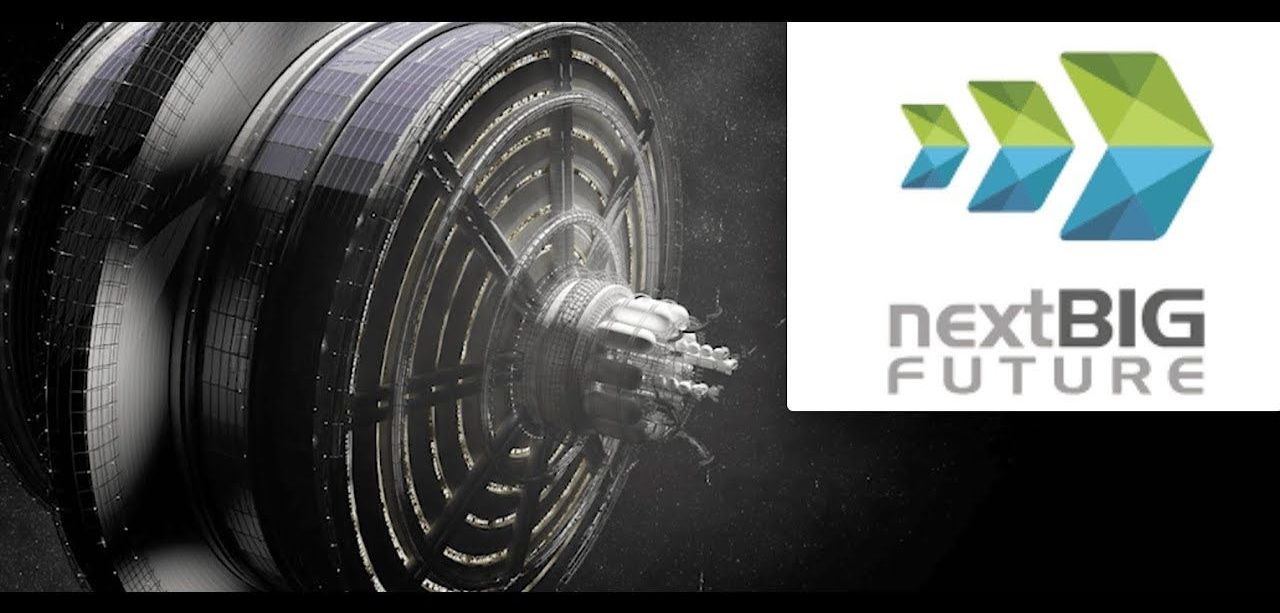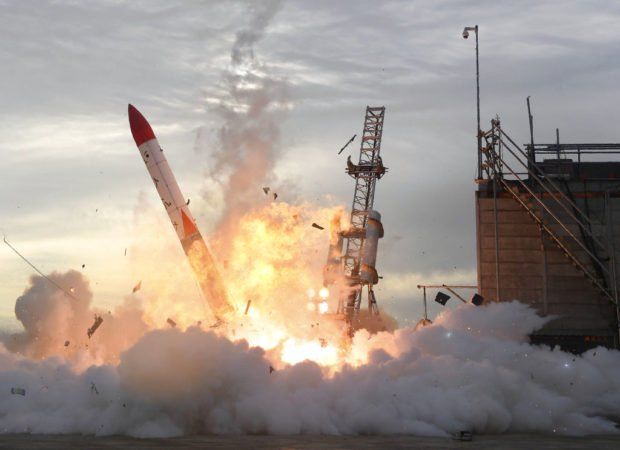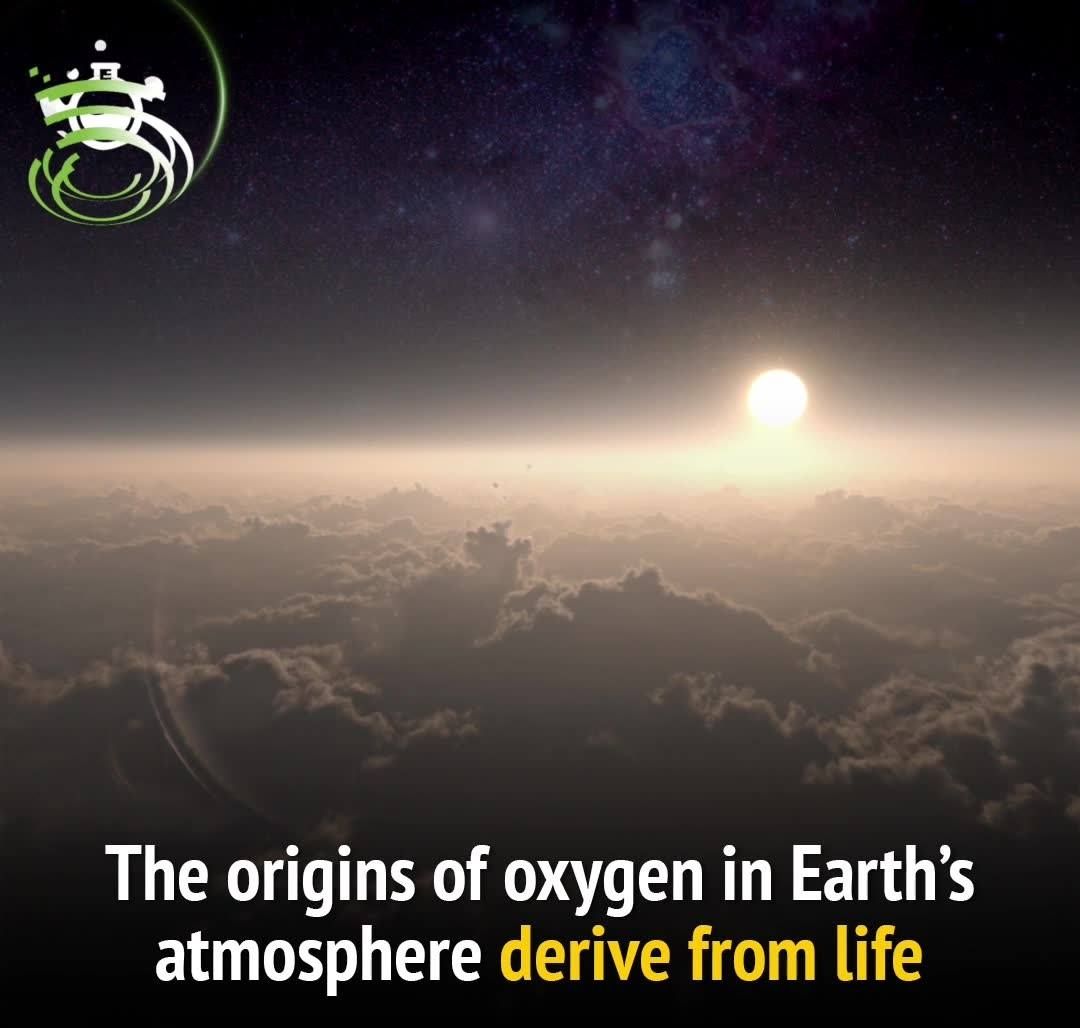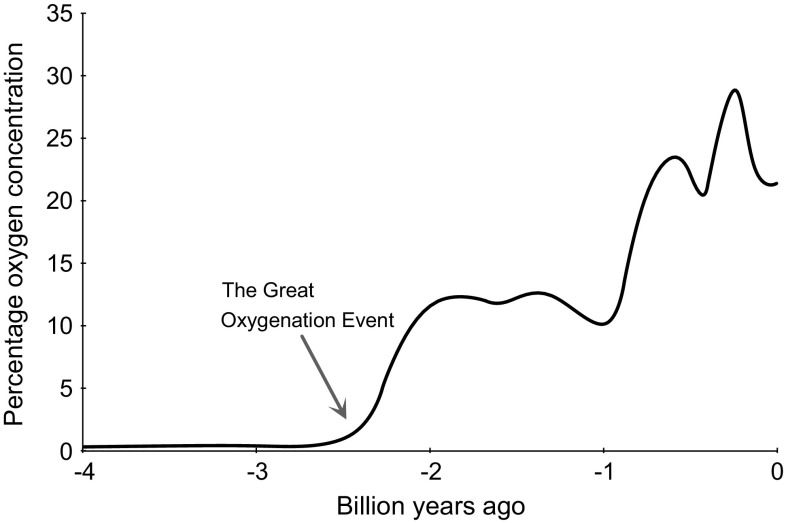Page 10059
Jun 30, 2018
Rocket developed by Japan startup in flames after liftoff
Posted by Michael Lance in category: space travel
TOKYO, Japan — A rocket developed by a Japanese startup company burst into flames seconds after a failed liftoff Saturday in northern Japan.
The MOMO-2 rocket, developed by Interstellar Technologies, was launched in Taiki town on Hokkaido, Japan’s northernmost main island. It was supposed to reach as high as 100 kilometers (62 miles) into space.
Television footage showed that the 10-meter (33-foot) pencil rocket lifted only slightly from its launch pad before dropping to the ground, disappearing in a fireball. Footage on NHK public television showed a charred rocket lying on the ground.
Continue reading “Rocket developed by Japan startup in flames after liftoff” »
Jun 30, 2018
Oxygen On Earth Originated A Billion Years Earlier Than We Thought
Posted by Michael Lance in category: futurism
Jun 30, 2018
This AI Just Beat Human Doctors On A Clinical Exam
Posted by Nicholi Avery in categories: biotech/medical, robotics/AI
Now the startup behind it claims to have the cure to rising healthcare costs, with a blend of medical advice from humans and AI.
Jun 30, 2018
Faraday Future gets a $2 billion lifeline to build expensive crossover
Posted by Bill Kemp in categories: finance, health, sustainability, transportation
Faraday Future, the fledgling Tesla competitor working to build a $300,000 electric SUV, has been thrown a financial lifeline.
Evergrande Health, a division of a large Hong Kong conglomerate, has committed to invest $2 billion to keep alive the all-electric luxury SUV project, according to a report in TechCrunch.
Faraday Future showed off its ultra-futuristic—and ultra expensive—FF91 electric SUV at the 2017 CES show, but has struggled to bring the car to market.
Continue reading “Faraday Future gets a $2 billion lifeline to build expensive crossover” »
Jun 30, 2018
This Startup Wants To Replace Your Doctor With A Chatbot
Posted by Dan Kummer in categories: biotech/medical, health, robotics/AI
Babylon Health’s AI-powered robo-docs could save insurers and governments billions.
Ali Parsa’s AI-powered robo-docs could save insurers and governments billions. He’s already transformed a swathe of Britain’s socialized healthcare system, now he’s bringing it to the United States.
Jun 30, 2018
The Single Greatest Economic Myth
Posted by Bill Kemp in categories: business, economics, employment, geopolitics, health
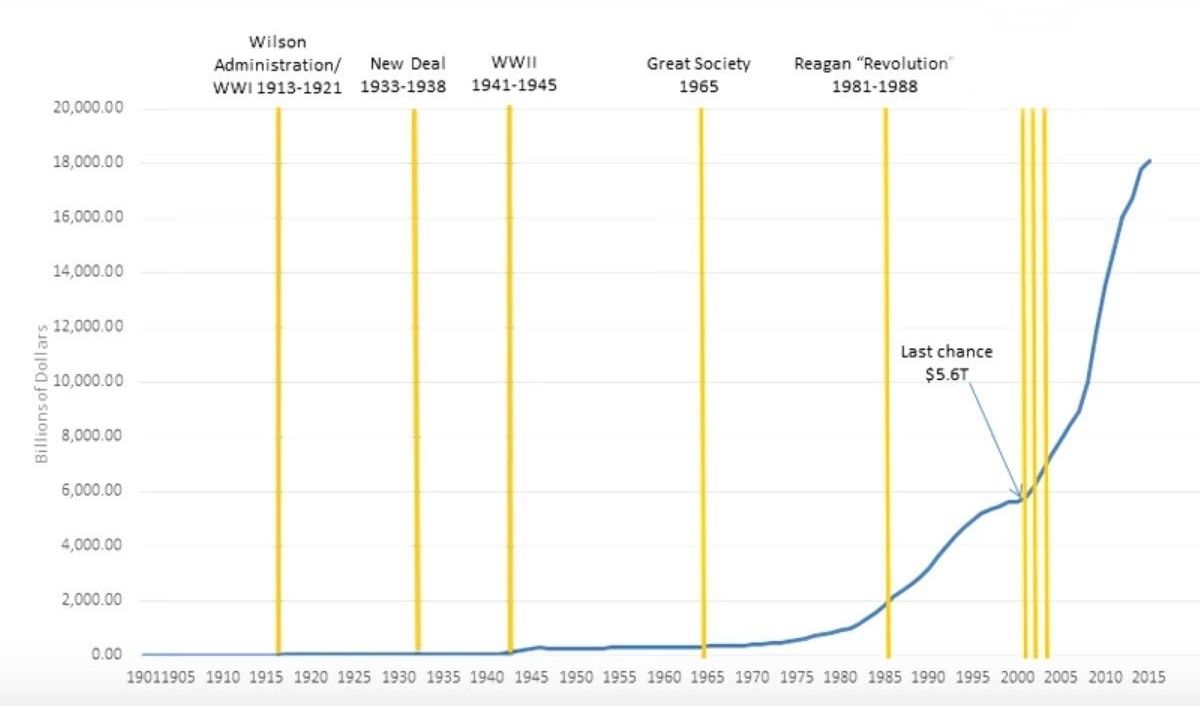
Recorded at “Contra Krugman: The Economic Myths of the 2016 Election”: the Mises Circle at Seattle’s historic Town Hall, on 21 May 2016.
Presidential candidates promise everything from living wages to free health care and college. Proposals about how to run whole segments of the economy are made with a straight face. The most tired and hackneyed ideas about income equality, corporate greed, creating jobs, and paying one’s fair share of taxes are trotted out. And millions of voters apparently believe it all, falling for the same promises of free stuff and prosperity from Washington.
Jun 30, 2018
The human physiological impact of global deoxygenation
Posted by Alexei Turchin in categories: climatology, existential risks, health, sustainability
Article (2017) about oxygen depletion. “There has been a clear decline in the volume of oxygen in Earth’s atmosphere over the past 20 years. Although the magnitude of this decrease appears small compared to the amount of oxygen in the atmosphere, it is difficult to predict how this process may evolve, due to the brevity of the collected records. A recently proposed model predicts a non-linear decay, which would result in an increasingly rapid fall-off in atmospheric oxygen concentration, with potentially devastating consequences for human health. We discuss the impact that global deoxygenation, over hundreds of generations, might have on human physiology. Exploring the changes between different native high-altitude populations provides a paradigm of how humans might tolerate worsening hypoxia over time. Using this model of atmospheric change, we predict that humans may continue to survive in an unprotected atmosphere for ~3600 years. Accordingly, without dramatic changes to the way in which we interact with our planet, humans may lose their dominance on Earth during the next few millennia.”
There has been a clear decline in the volume of oxygen in Earth’s atmosphere over the past 20 years. Although the magnitude of this decrease appears small compared to the amount of oxygen in the atmosphere, it is difficult to predict how this process may evolve, due to the brevity of the collected records. A recently proposed model predicts a non-linear decay, which would result in an increasingly rapid fall-off in atmospheric oxygen concentration, with potentially devastating consequences for human health. We discuss the impact that global deoxygenation, over hundreds of generations, might have on human physiology. Exploring the changes between different native high-altitude populations provides a paradigm of how humans might tolerate worsening hypoxia over time. Using this model of atmospheric change, we predict that humans may continue to survive in an unprotected atmosphere for ~3600 years. Accordingly, without dramatic changes to the way in which we interact with our planet, humans may lose their dominance on Earth during the next few millennia.
Keywords: Oxygen, Hypoxia, Acclimatization, Physiological adaptation.
Continue reading “The human physiological impact of global deoxygenation” »
Jun 30, 2018
Informational hazards and the cost-effectiveness of open discussion of catastrophic risks
Posted by Alexei Turchin in category: futurism
Any thoughts about the problem of open discussion of the catastrophic risks?
TL;DR: In order to prevent x-risks, our strategic vision should outperform technical capabilities of the potential malevolent agents, which means that strategic discussion should be public and open, but the publication of technical dangerous knowledge should be prevented.
Risks and benefits of the open discussion
Bostrom has created a typology of info-hazards, but any information could also have “x-risk prevention positive impact”, or info-benefits. Obviously, info-benefits must outweigh the info-hazards of the open public discussion of x-risks, or the research of the x-risks is useless. In other words, the “cost-effectiveness” of the open discussion of a risk A should be estimated, and the potential increase in catastrophic probability should be weighed against a possible decrease of the probability of a catastrophe.
Jun 30, 2018
Biotic replacement and evolutionary innovation as a global catastrophic risk
Posted by Alexei Turchin in categories: climatology, existential risks, sustainability
Old, but excellent post:
[Image: “Disckonsia Costata” by Verisimilius is licensed under CC BY-SA 3.0]
Several times in evolutionary history, the arrival of an innovative new evolutionary strategy has lead to a mass extinction followed by a restructuring of biota and new dominant life forms. This may pose an unlikely but possible global catastrophic risk in the future, in which spontaneous evolutionary strategies (like new biochemical pathways or feeding strategies) become wildly successful, and lead to extreme climate change and die-offs. This is also known as a ‘biotic replacement’ hypothesis of extinction events.
Continue reading “Biotic replacement and evolutionary innovation as a global catastrophic risk” »
